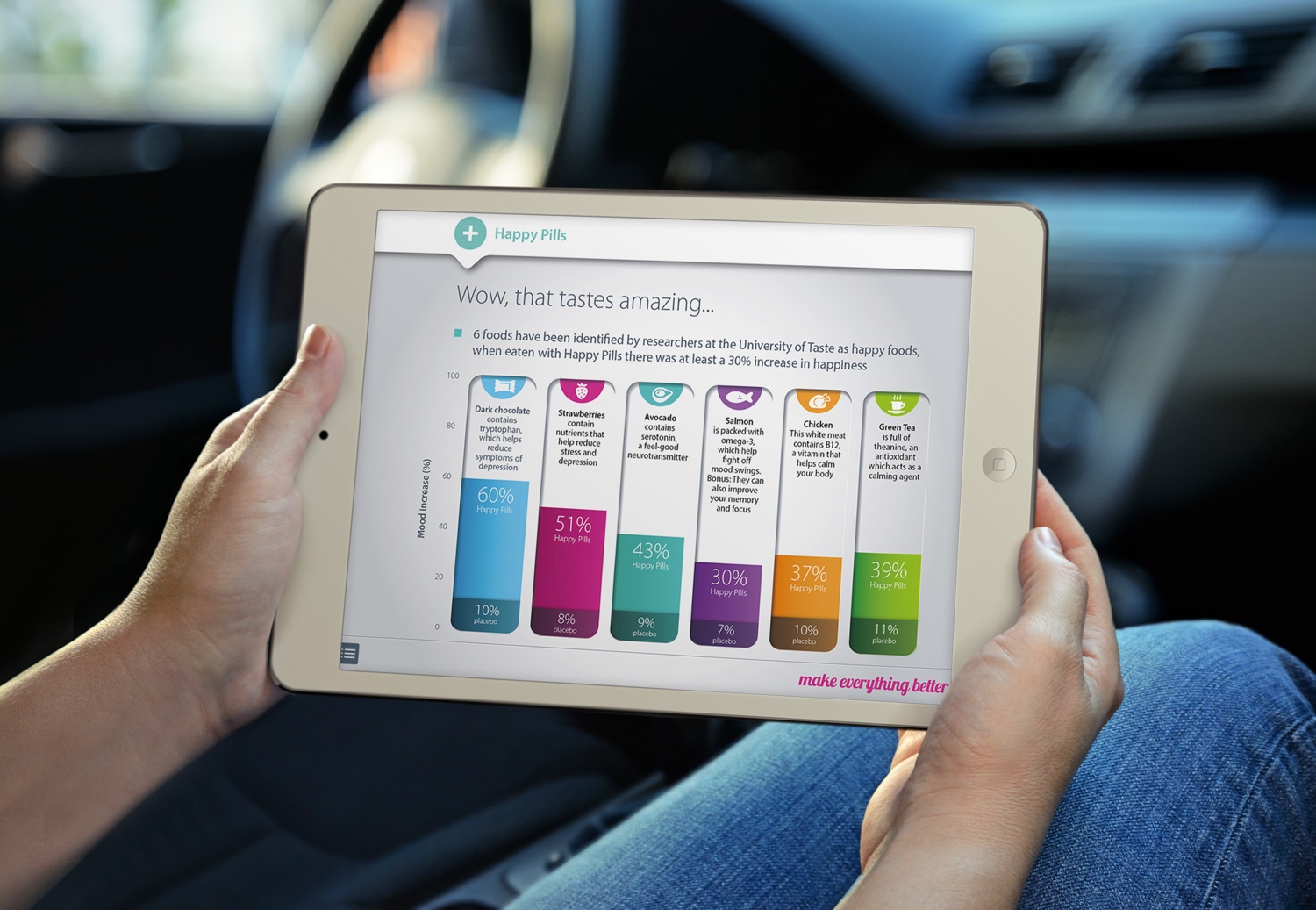Sales forecasting, discovering trends and aligning sales and marketing are just some of the reasons why leading sales organizations use analytics. Companies are consistently working on extracting data from the sales pipeline in order to increase win rates and shorten the sales cycle. Yet, even though data-rich analytics work to track key sales activities, sales execs are still lacking the necessary insights needed to improve the sales process. The question becomes: why, among all the information that’s available through sales analytics, are companies still not achieving growth?
Let’s start off by defining sales analytics. According to Gartner’s IT Glossary, sales analytics is used:
“In identifying, modeling, understanding and predicting sales trends and outcomes while aiding sales management in understanding where salespeople can improve.”
According to this definition, analytics are used to improve sales performance, identify when deals will close, measure the length of the sales cycle, and identify where more work needs to be done in order to push customers through the pipeline. And while this data is key to any sales organization, it fails to provide two important answers: the “why” and the “how”. Why is one deal closing faster than another? How do we shorten the sales cycle? Why are certain reps more successful than others? This is where analytics fail us. They don’t provide us with the process of improving sales performance and demonstrate nothing but the numbers. Let’s take a closer look at why this is happening.


1. Failure to measure the right KPIs
Measuring the right KPIs means not so much as tracking how long a sales cycle took from start to finish, or the number of emails and calls it took to convert into a meeting. What’s important is to measure how effective a sales team is instead of how efficient sales reps are. Focusing on things like which content was most successful at each stage of the sales cycle and the ability of sales reps to stay on message on a sales call is the kind of data that measures sales effectiveness.
2. Gathering reports, but not improving sales performance
Sales analytics software is typically used for reporting and is often shared in the boardroom in an effort to show the progress of the sales team for a specific time period. The emphasis, however, should be on using the analytics to change the behaviors and practices of the sales team. Sure, the reports matter, but it’s the ability to apply them towards sales improvement beyond the weekly meetings that counts.
3. Analytics aren’t the ultimate answer to sales effectiveness
Sales analytics software is important because it tracks data based on the pipeline, it enables sales execs to forecast and also capture conversion rates. But how far can you get when you aren’t focusing on the processes that get you to these numbers? The key is to have insights into the positive results and then work on repeating the practices that achieve these results.
Top performers understand that sales analytics aren’t going to solve all their problems while the ability to track the “why” and “how” will result in more insight into the ways the sales process can be improved.
What kind of results are you getting from using sales analytics? Do these results impact the effectiveness of your sales team?











